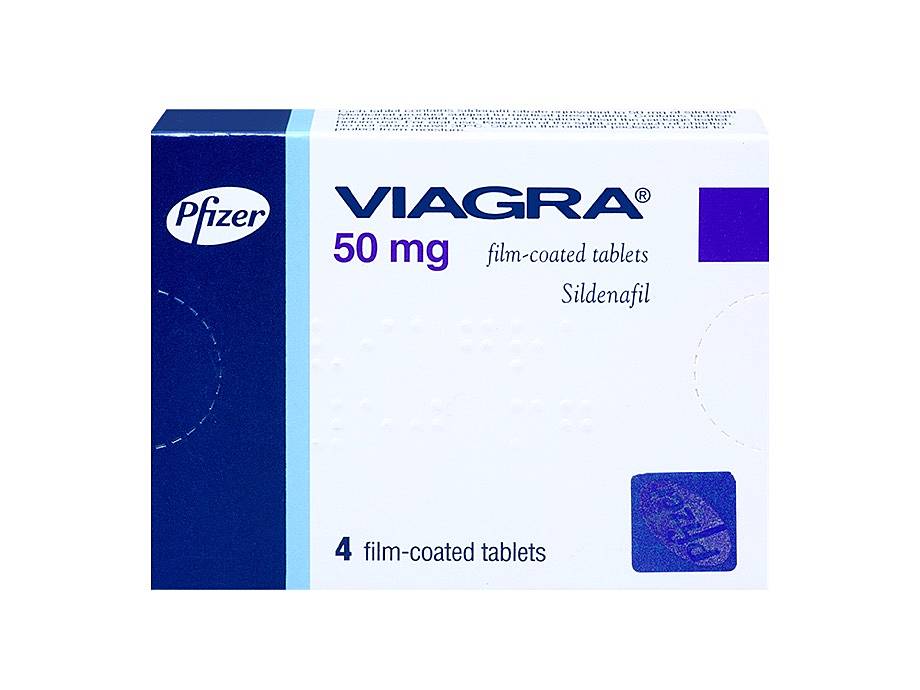Viagra
Viagra increases blood flow and helps you get & maintain an erection.




Viagra is a medication used for treating erectile dysfunction (ED). Viagra contains the active ingredient sildenafil.
Fill out a short questionnaire and one of our doctors will review your answers. If Viagra is suitable for you, they will send a digital prescription to a local pharmacy in Ireland. We can also deliver the paper prescription to your home address. Alternatively, you can choose to have your medication delivered directly to your door.
If you request Viagra before 4pm we can send a prescription the same day.

Babak studied medicine at King’s College London and graduated in 2003, having also gained a bachelor’s degree in Physiology during his time there. He completed his general practice (GP) training in East London, where he worked for a number of years as a partner at a large inner-city GP practice. He completed the Royal College of GPs membership exam in 2007.
Meet our doctorsLast reviewed: 05 Apr 2023
